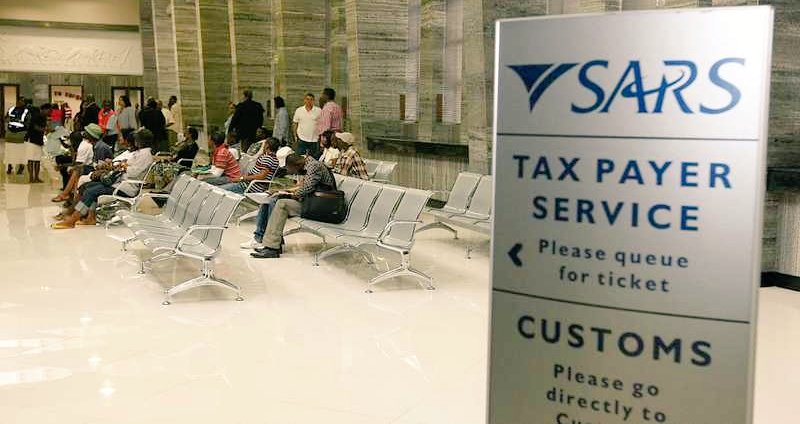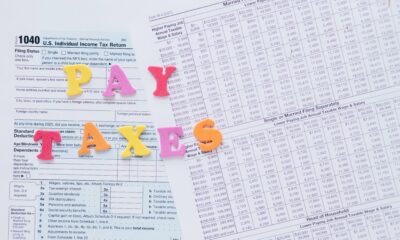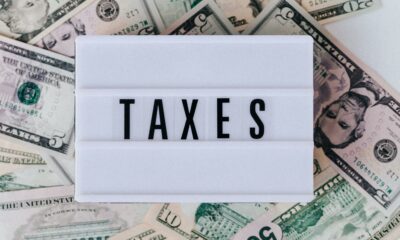Business
Tax Season Tips: How South Africans Can Pay Less to SARS, Legally

Don’t leave money on the table: What every taxpayer should know in 2025
South Africans are feeling the squeeze, and with only 12% of the population paying personal income tax while nearly half rely on social grants, it’s no surprise that SARS is looking to plug every revenue leak. But what if you could keep more of your money, without breaking the law?
That’s exactly what Roxanna Naidoo, Head of Global Strategy at Latita Africa, wants taxpayers to understand. And her message is simple: Tax avoidance is legal. Tax evasion is not. You just need to know where to look.
Don’t accept SARS’ auto-assessment blindly
Many South Africans now receive auto-assessments, those pre-filled returns from SARS based on info from your employer, medical aid, and investment platforms. But Naidoo warns: “That data is often incomplete.”
By accepting it without checking, you risk missing out on deductions or under-declaring income. Worse, if SARS audits you later and you can’t produce proof, they could reverse deductions, charge penalties, and add interest, even five years later.
Legal ways to reduce your tax bill
Naidoo shared several tax-saving strategies that too many taxpayers ignore:
1. Retirement contributions
These remain a staple deduction, and every bit counts, up to 27.5% of your taxable income (capped at R350,000 per year).
2. Medical expenses
Beyond medical aid contributions, out-of-pocket medical costs can qualify for medical tax credits, if you keep those invoices.
3. Work-related travel & commissions
If your job involves travel or commission, you can claim for fuel, car maintenance, and other related costs, but keep a logbook and receipts.
4. Home office deductions
In the work-from-home era, home office expenses like electricity, internet, and rent (pro-rated) can be deducted, but only if you meet SARS’ strict conditions.
5. Get help if needed
“If you have multiple income streams, trusts, or rental income, hire a professional,” said Naidoo. “But for a simple salary earner, you can manage on your own—just be thorough.”
What to do if you owe SARS
Tax debt happens and Naidoo says you have options. The key is to act quickly:
-
Tax debt compromise: SARS may write off part of what you owe if you truly can’t pay and it benefits the fiscus.
-
Suspension of payment: Disputing an assessment? Ask SARS to pause collections until it’s resolved.
-
Deferred payment: SARS might allow you to pay in instalments, especially if you’re in financial distress.
Each of these options requires a formal application and supporting documents. And whatever you do—don’t ignore those letters of demand.
AI is watching, but so can you
SARS’ use of automation and artificial intelligence, especially through tools like SARS Express, means your return is likely being handled by a computer, not a person. That makes double-checking even more critical.
“You are your best tax advocate,” said Naidoo. “Always review, revise, and request corrections if needed.”
Know your rights, keep your records
South Africans are often unknowingly overpaying tax, especially when auto-assessments go unchecked. By understanding your deductions, tracking your expenses, and using the tools the law provides, you can legally reduce your tax bill and make 2025 your most financially empowered year yet.
Don’t just accept your tax fate, learn it, challenge it, and optimise it.
{Source: BusinessTech}
Follow Joburg ETC on Facebook, Twitter , TikTok and Instagram
For more News in Johannesburg, visit joburgetc.com



























